Oil Refinery "Junda"
Coordinates: Latitude 42°791813 Longitude 73°883660
The Kara-Balta Oil Refinery has become one of the most significant investment and industrial projects in Kyrgyzstan in recent years. It was built by the Chinese company "China Petrol Junda" and was commissioned in 2014. It was reported that approximately $300 million was invested in the construction of the facility. Officials from the relevant ministry promised the residents of Kara-Balta an economic breakthrough and all the benefits that would come with it. However, even before the plant started operating, a pungent and unpleasant smell of hydrogen sulfide and corrosive smoke began to spread through Kara-Balta.
The plant grew literally "like yeast." At that point, everyone became concerned: would the future production harm the environment and the health of the residents? They began to study the documents. Initially, the plant's capacity was planned to be 300,000 tons. The construction of the plant itself and warehouses was planned. Then the Chinese investors decided to increase the plant's capacity to 800,000 tons and divided the plant into two parts. After this decision, they encountered problems with the local residents. The worst part is that the plant is located on sandy soil. Everything absorbs into it very quickly. When the plant operates, oil will inevitably get into the groundwater, and people will get sick from consuming water from there. In 2016, the company was fined for illegal emissions of oil hydrocarbon gas into the atmosphere. The water used in the oil refining process is discharged into the city sewage system. In 2018, parliament member Kozhobek Ryspaev organized an inspection, which found that the content of petroleum products in the plant's wastewater could reach 5 percent, which exceeds the maximum allowable limit of 3 percent.
Almost immediately after the plant started operating, social media was filled with information that a terrible yellow cloud was spreading across the city, making it impossible to breathe. Those living near the infamous oil storage facility had the hardest time. Residents were frightened by reports of a fire that allegedly occurred at the plant but was extinguished in time.
However, the advisor to the head of the company assured that according to the conclusion of the State Agency for Environmental Protection and Forestry, emissions of harmful substances beyond the sanitary protection zone of the plant and oil product warehouse are within the norm. The Ministry of Energy also made an official statement that gas emissions through the flare system of the oil refinery in Kara-Balta are minimal. It was also stated that environmental monitoring is currently being conducted. The State Inspectorate for Ecological and Technical Safety, together with the State Agency for Environmental Protection and Forestry, took samples of air, water, and soil. The results of the analyses were found to be within the norm.
But the reports from the ecologists did not convince the residents of Kara-Balta. People continued to complain, while the city authorities remained silent. Today, the townspeople tirelessly monitor weather forecasts, especially changes in wind direction. This directly affects what air they will breathe in the coming days.
After the onset of the coronavirus pandemic, the Chinese oil refinery "Junda" in Kara-Balta stopped operations, which caused mixed feelings in this town in northern Kyrgyzstan. For those who complained about the damage that the refinery is believed to cause to people's health and crops, not to mention the noxious sulfur fumes it emits, the suspension of the plant's operations became a long-awaited respite.
The Kara-Balta Oil Refinery has become one of the most significant investment and industrial projects in Kyrgyzstan in recent years. It was built by the Chinese company "China Petrol Junda" and was commissioned in 2014. It was reported that approximately $300 million was invested in the construction of the facility. Officials from the relevant ministry promised the residents of Kara-Balta an economic breakthrough and all the benefits that would come with it. However, even before the plant started operating, a pungent and unpleasant smell of hydrogen sulfide and corrosive smoke began to spread through Kara-Balta.
The plant grew literally "like yeast." At that point, everyone became concerned: would the future production harm the environment and the health of the residents? They began to study the documents. Initially, the plant's capacity was planned to be 300,000 tons. The construction of the plant itself and warehouses was planned. Then the Chinese investors decided to increase the plant's capacity to 800,000 tons and divided the plant into two parts. After this decision, they encountered problems with the local residents. The worst part is that the plant is located on sandy soil. Everything absorbs into it very quickly. When the plant operates, oil will inevitably get into the groundwater, and people will get sick from consuming water from there. In 2016, the company was fined for illegal emissions of oil hydrocarbon gas into the atmosphere. The water used in the oil refining process is discharged into the city sewage system. In 2018, parliament member Kozhobek Ryspaev organized an inspection, which found that the content of petroleum products in the plant's wastewater could reach 5 percent, which exceeds the maximum allowable limit of 3 percent.
Almost immediately after the plant started operating, social media was filled with information that a terrible yellow cloud was spreading across the city, making it impossible to breathe. Those living near the infamous oil storage facility had the hardest time. Residents were frightened by reports of a fire that allegedly occurred at the plant but was extinguished in time.
However, the advisor to the head of the company assured that according to the conclusion of the State Agency for Environmental Protection and Forestry, emissions of harmful substances beyond the sanitary protection zone of the plant and oil product warehouse are within the norm. The Ministry of Energy also made an official statement that gas emissions through the flare system of the oil refinery in Kara-Balta are minimal. It was also stated that environmental monitoring is currently being conducted. The State Inspectorate for Ecological and Technical Safety, together with the State Agency for Environmental Protection and Forestry, took samples of air, water, and soil. The results of the analyses were found to be within the norm.
But the reports from the ecologists did not convince the residents of Kara-Balta. People continued to complain, while the city authorities remained silent. Today, the townspeople tirelessly monitor weather forecasts, especially changes in wind direction. This directly affects what air they will breathe in the coming days.
After the onset of the coronavirus pandemic, the Chinese oil refinery "Junda" in Kara-Balta stopped operations, which caused mixed feelings in this town in northern Kyrgyzstan. For those who complained about the damage that the refinery is believed to cause to people's health and crops, not to mention the noxious sulfur fumes it emits, the suspension of the plant's operations became a long-awaited respite.

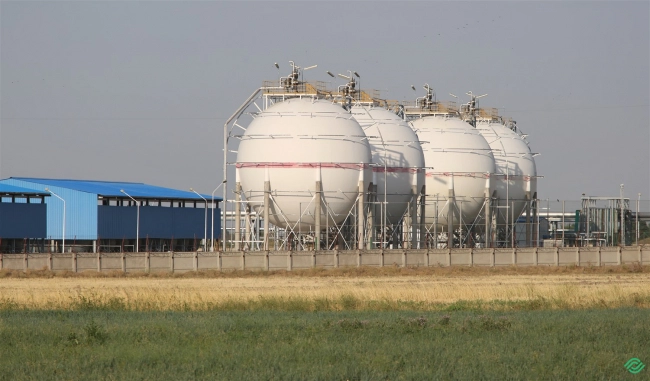
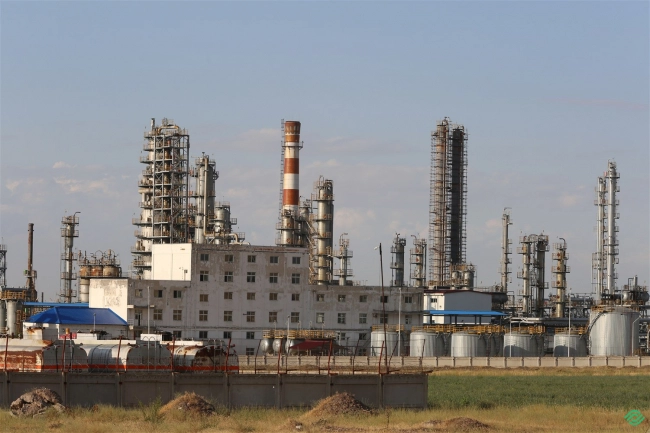
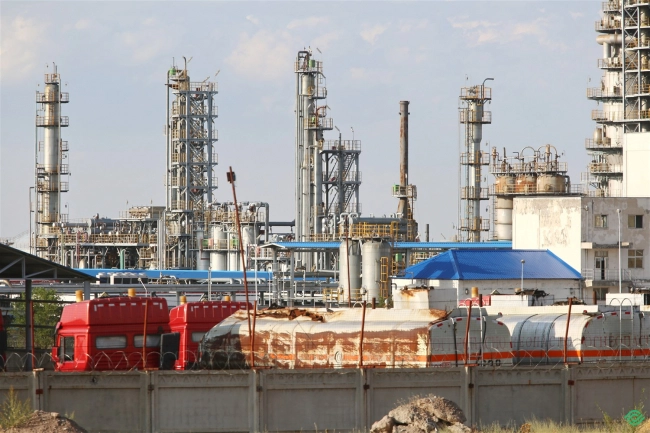
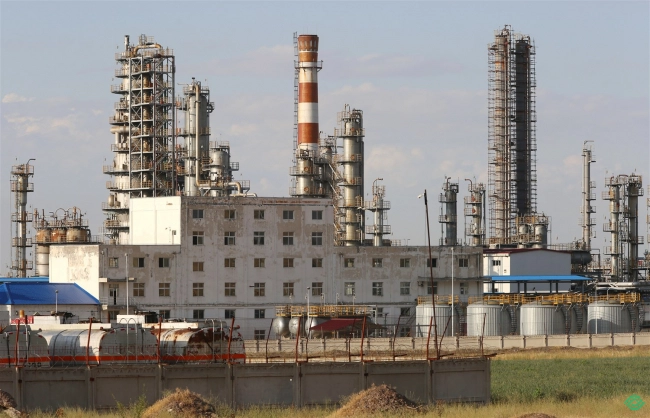
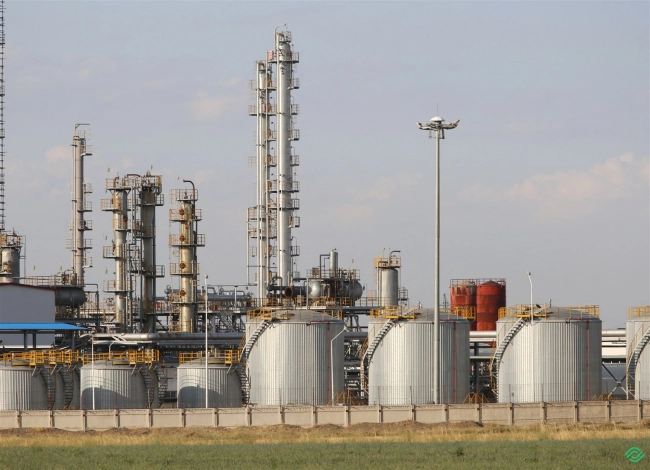
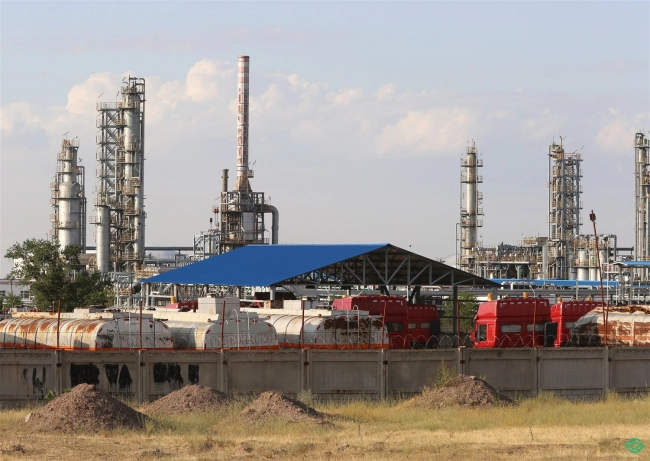
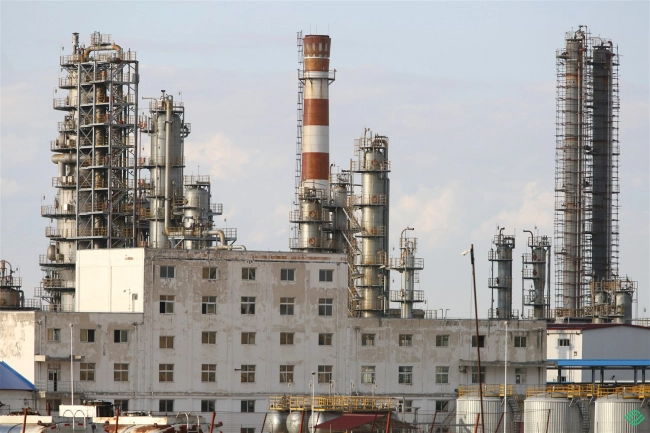
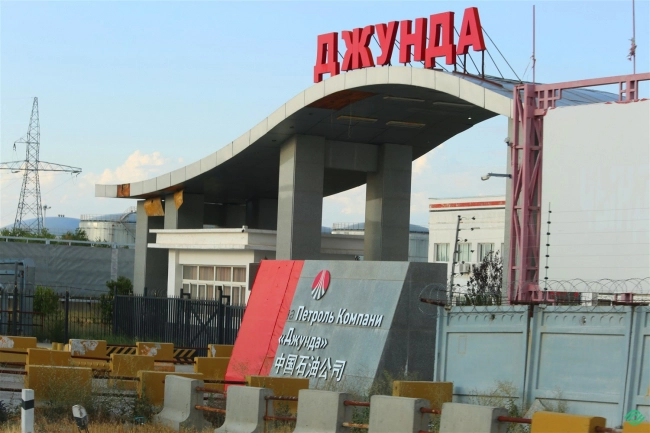
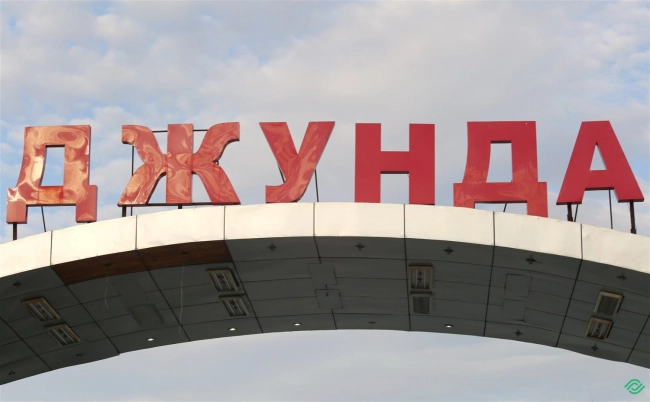
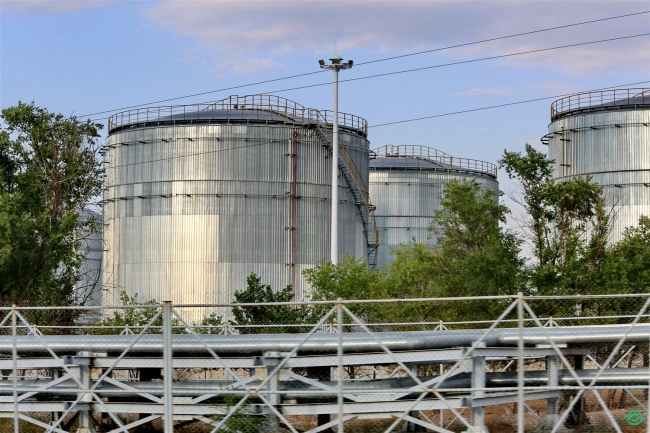
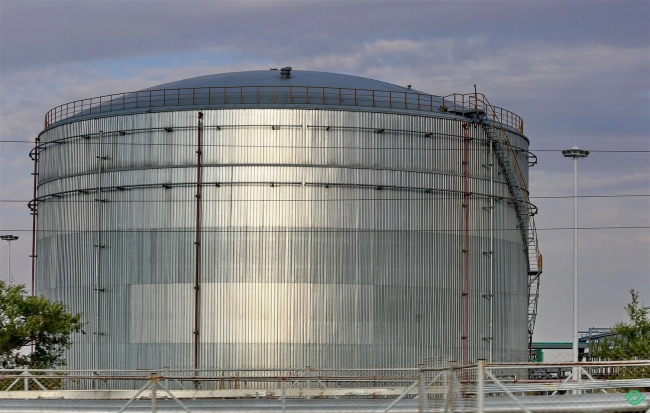
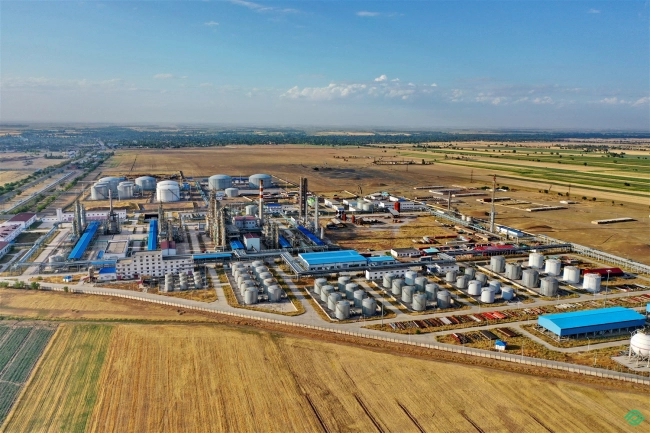
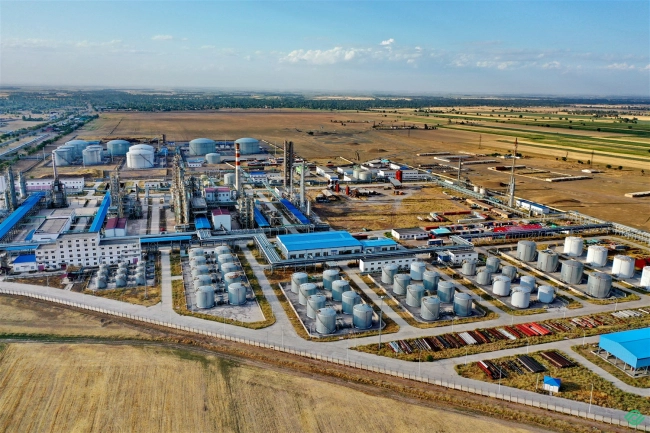
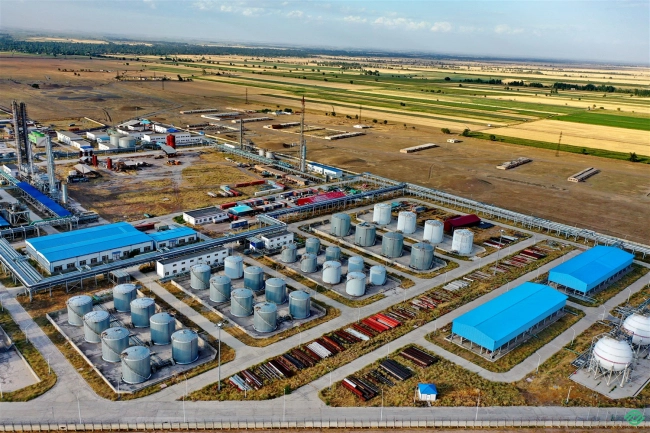
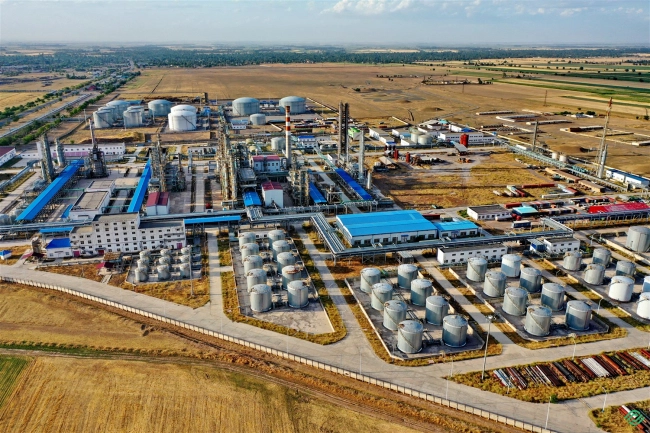
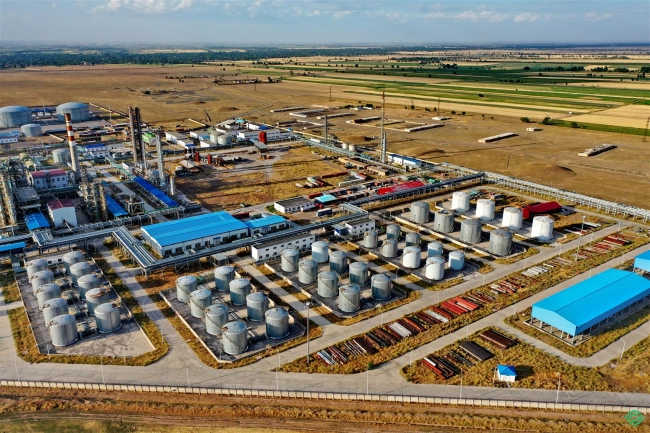
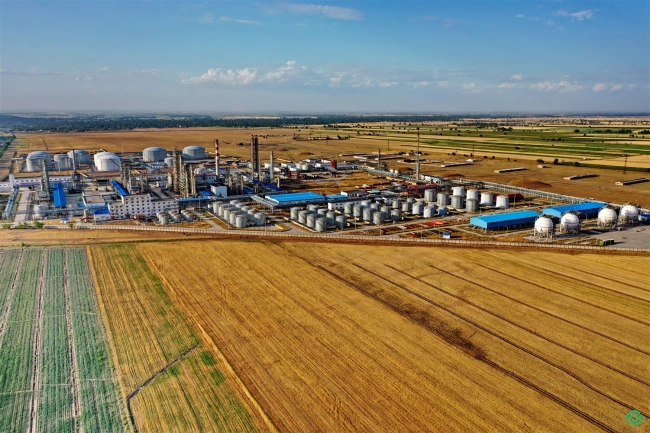
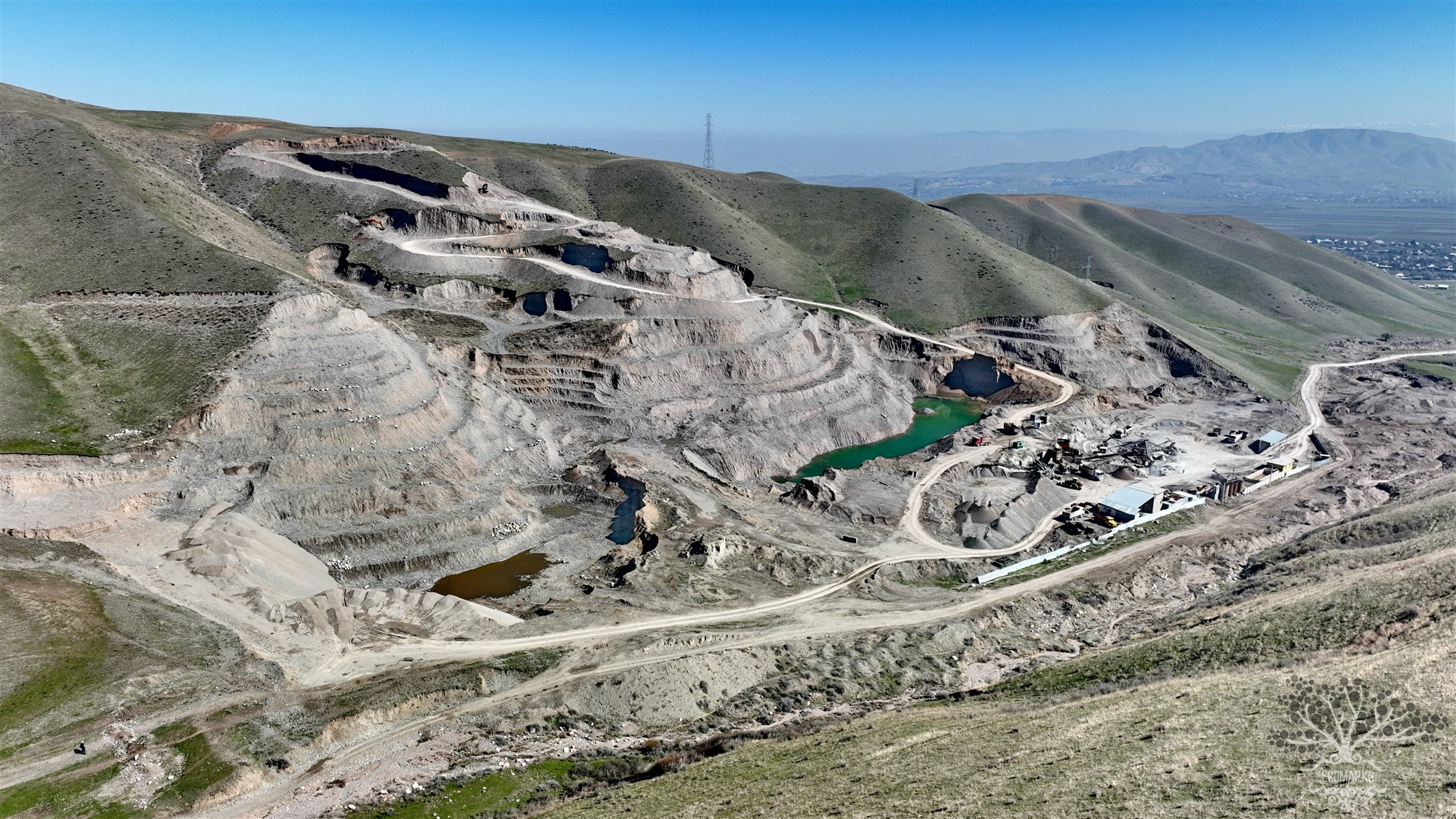
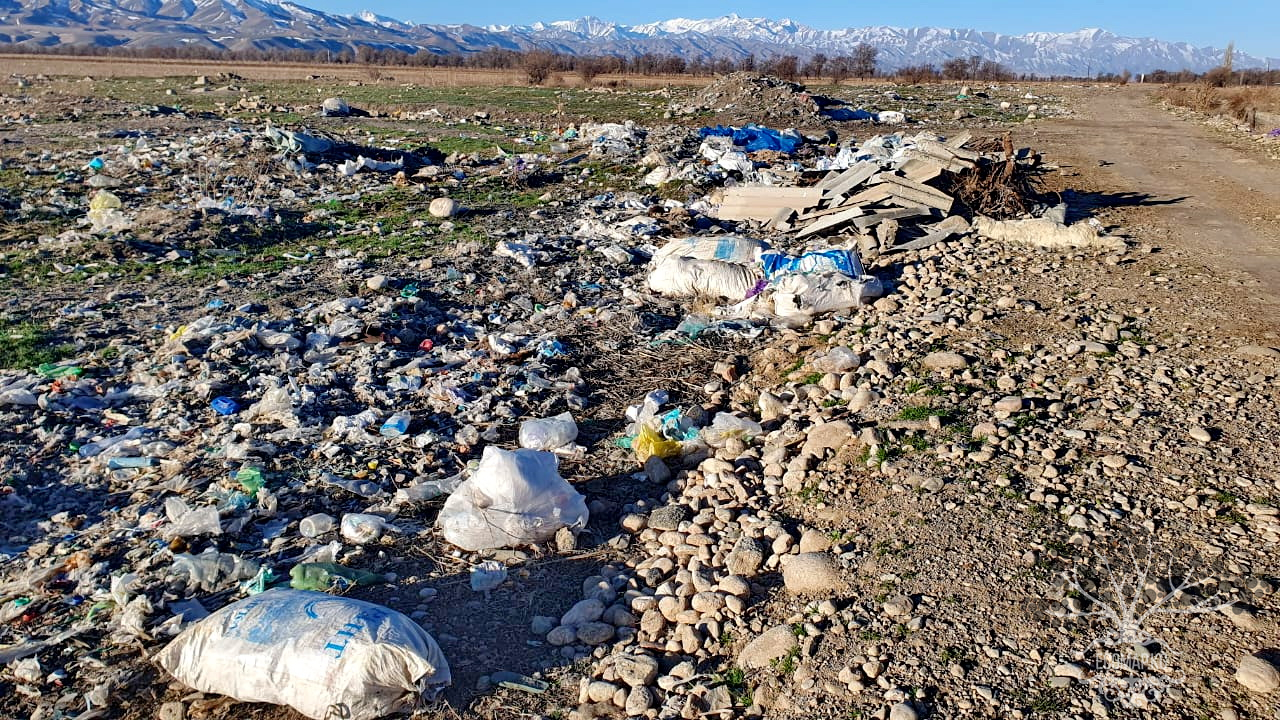
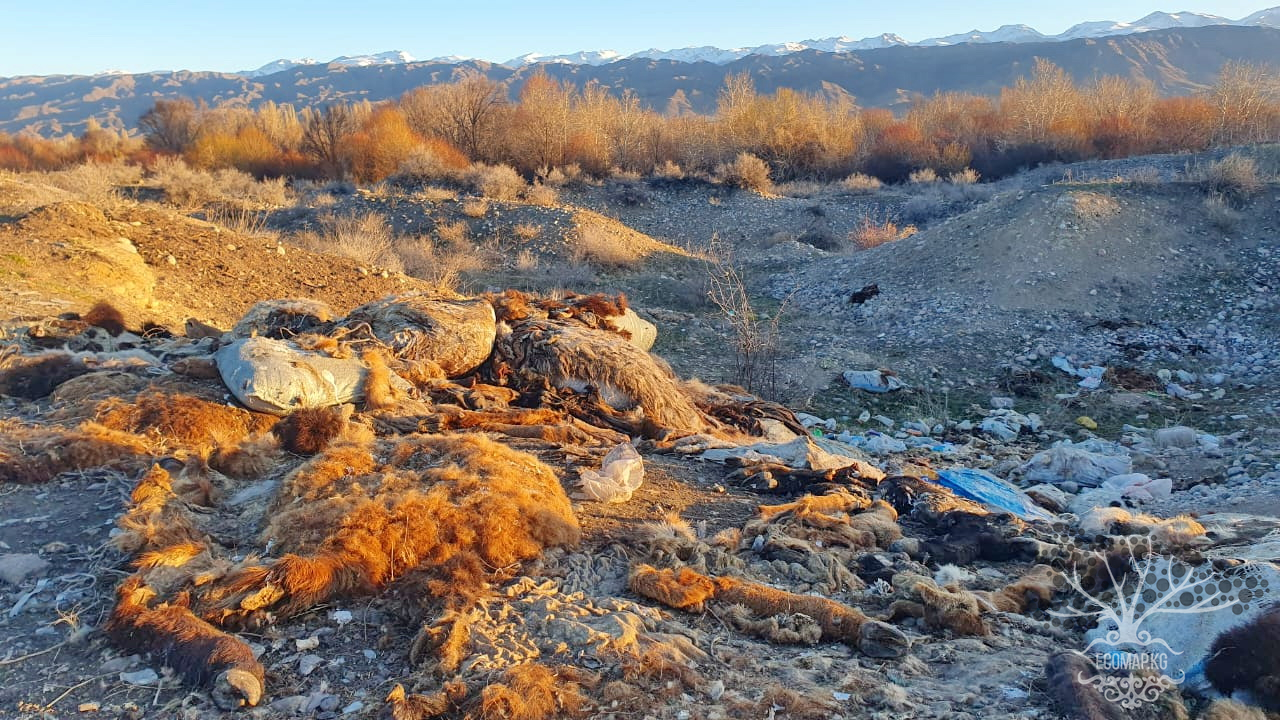
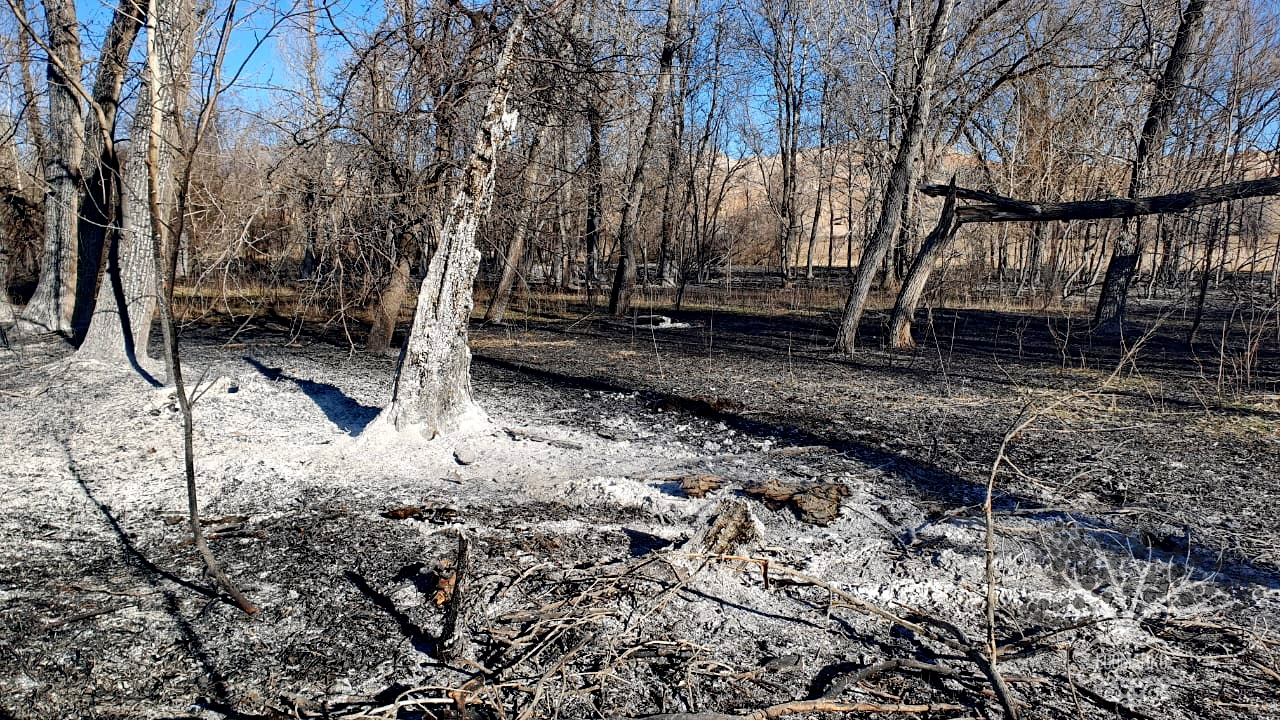


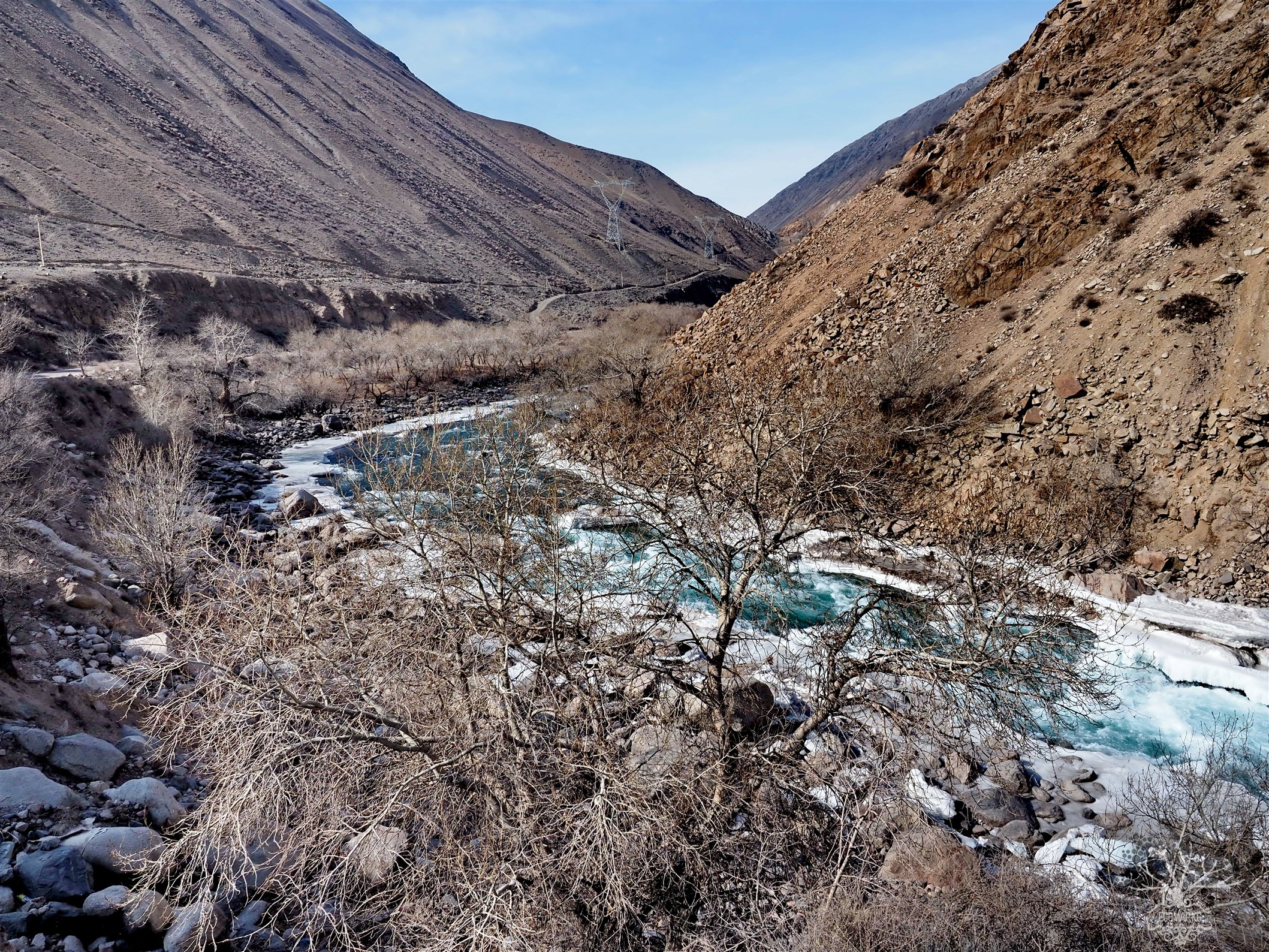
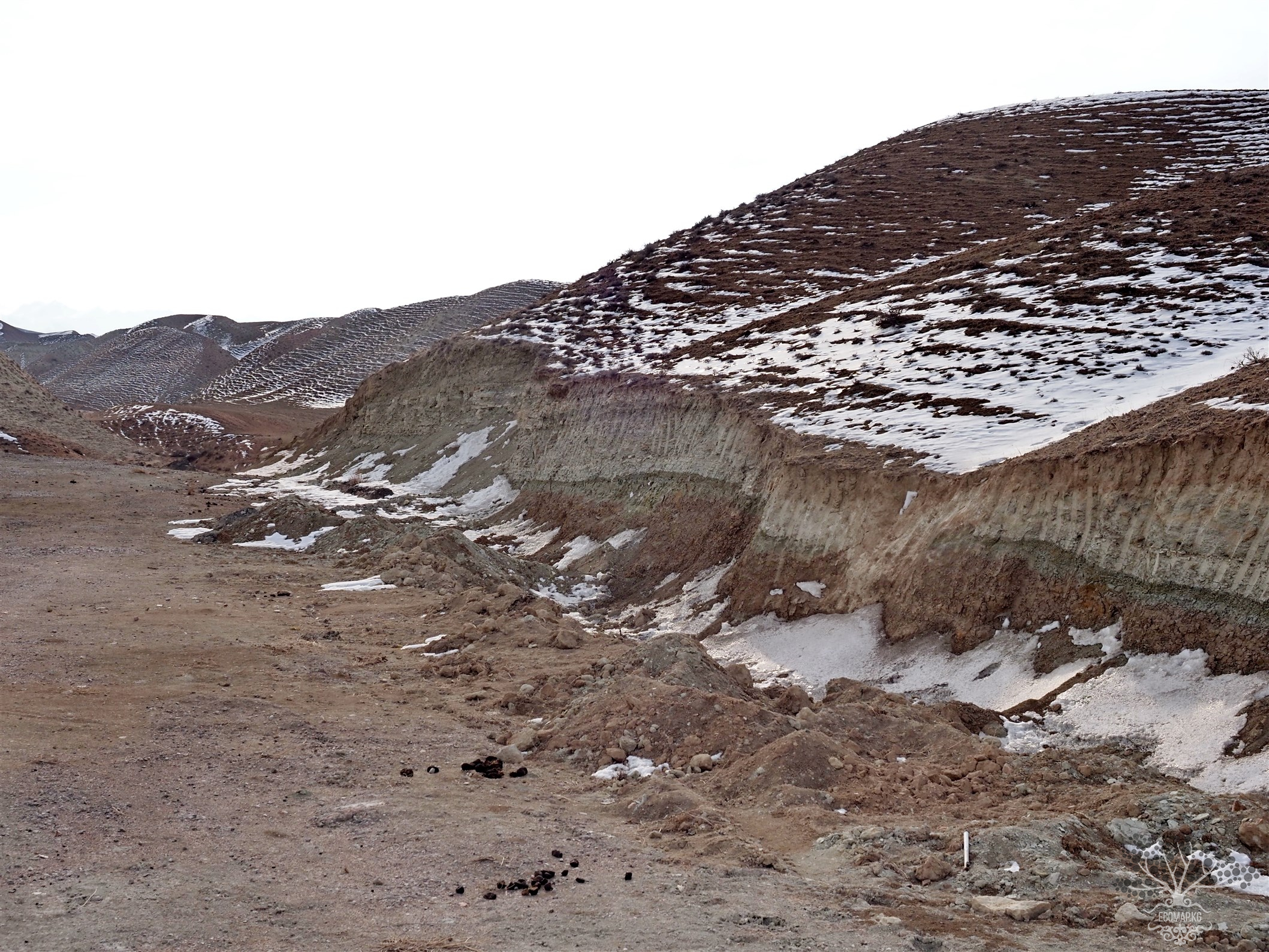
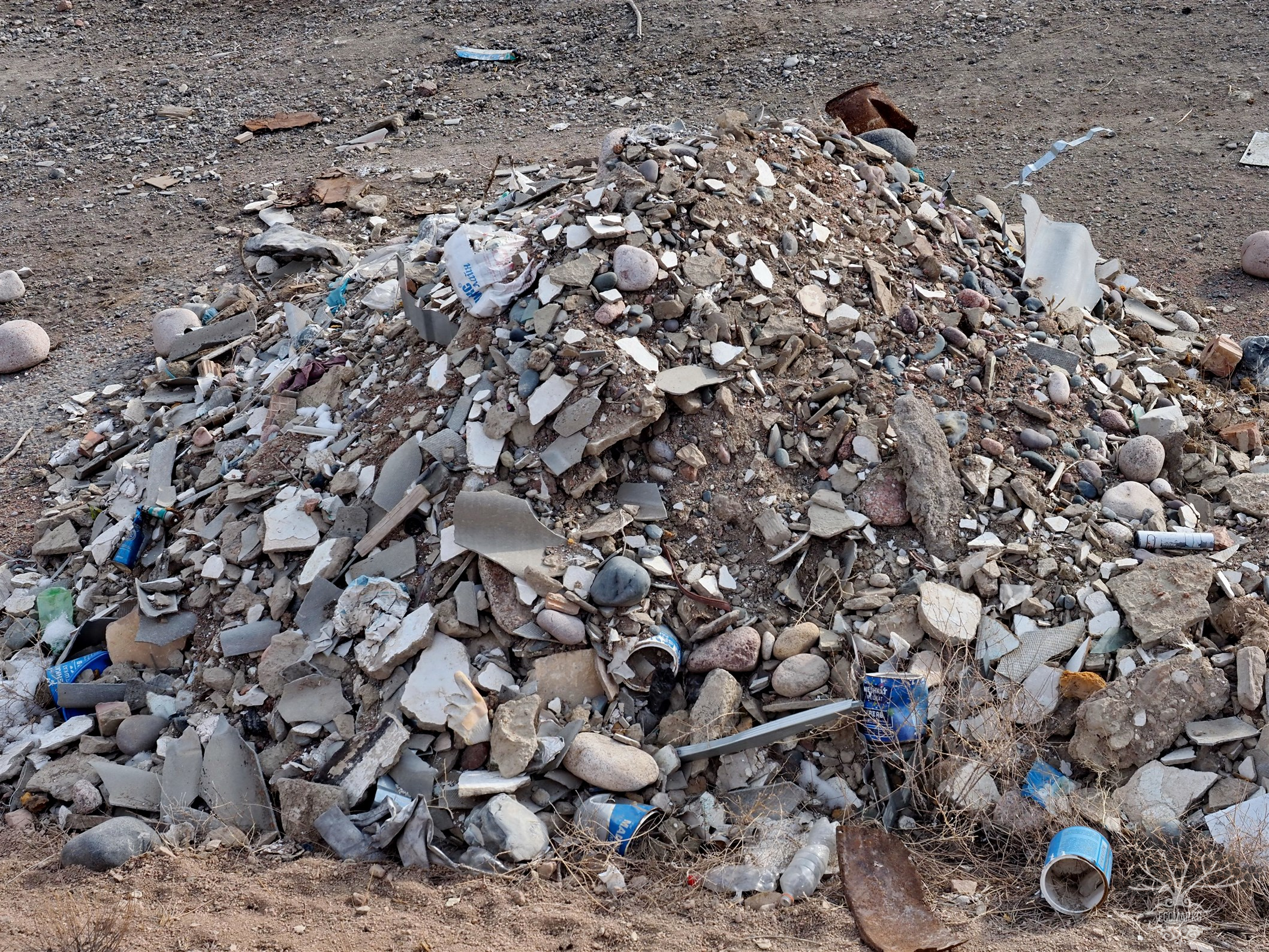
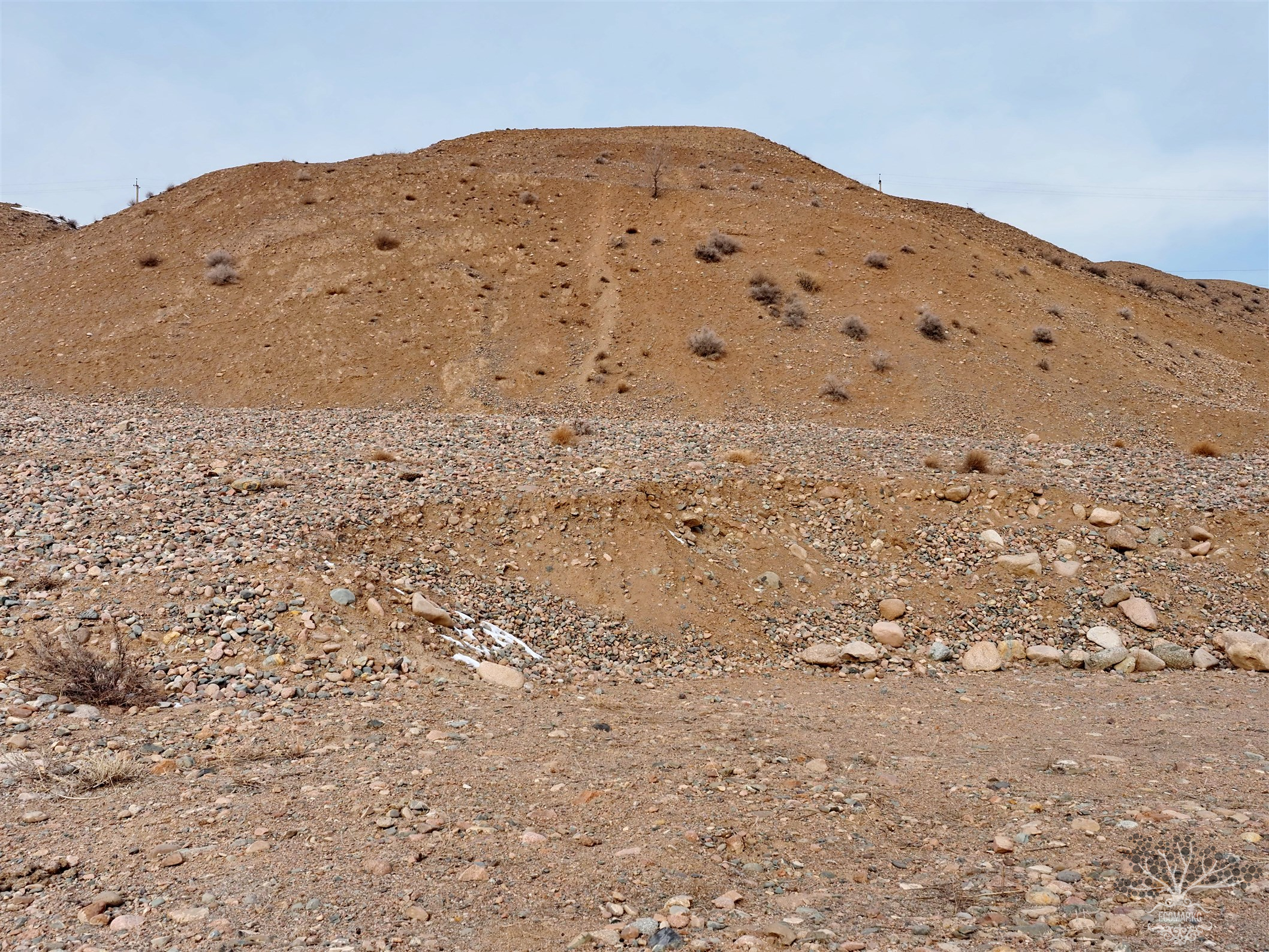


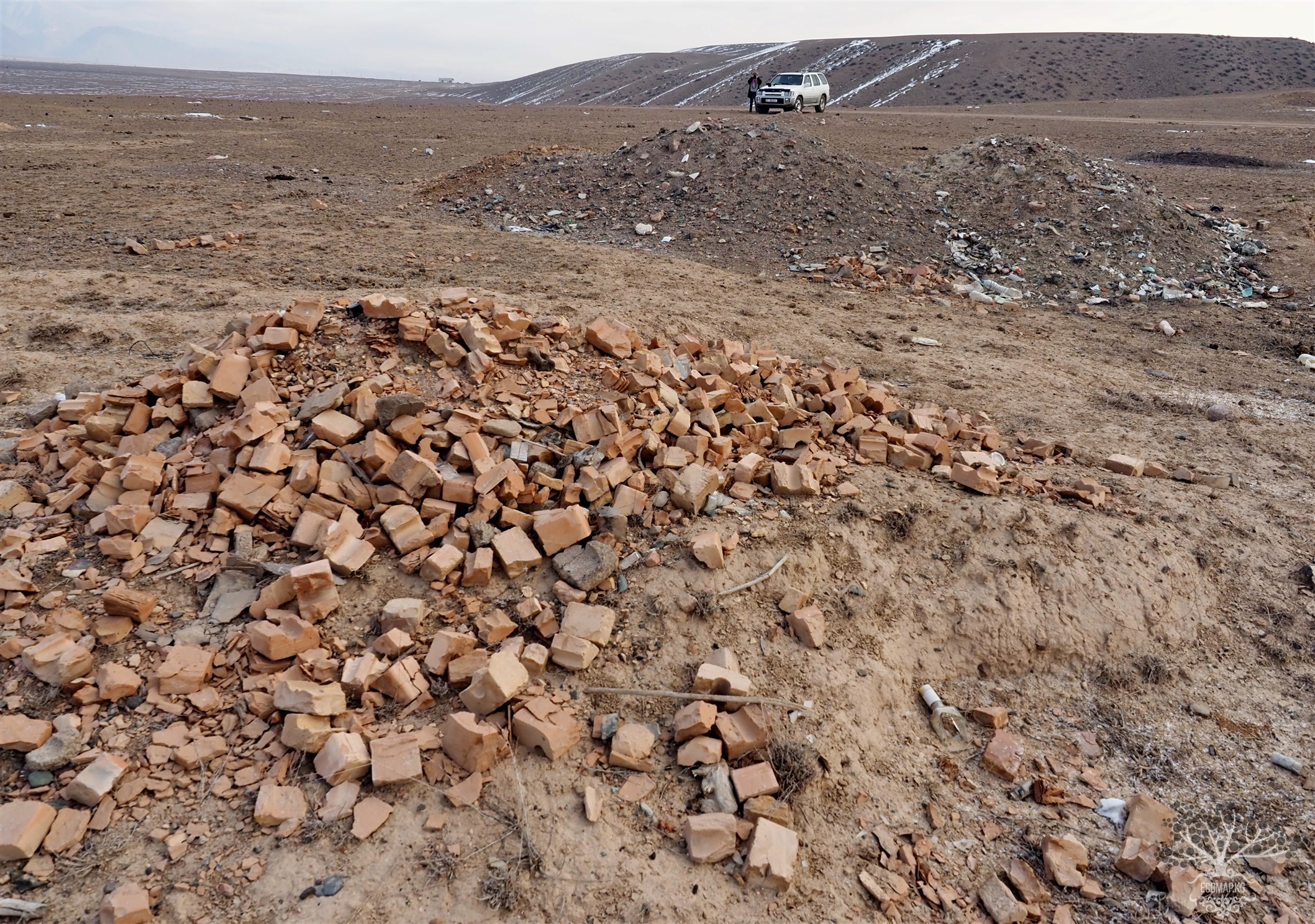
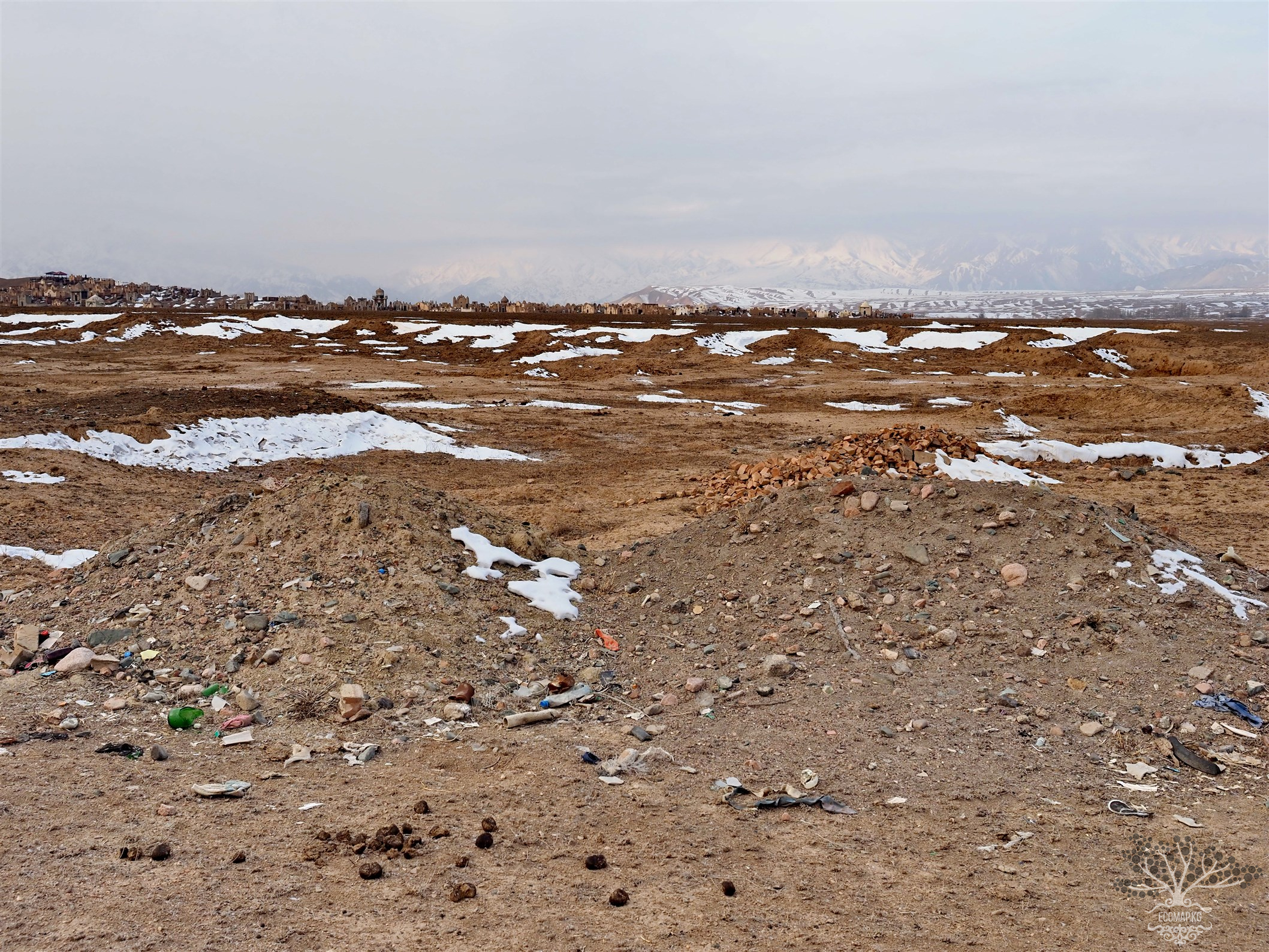

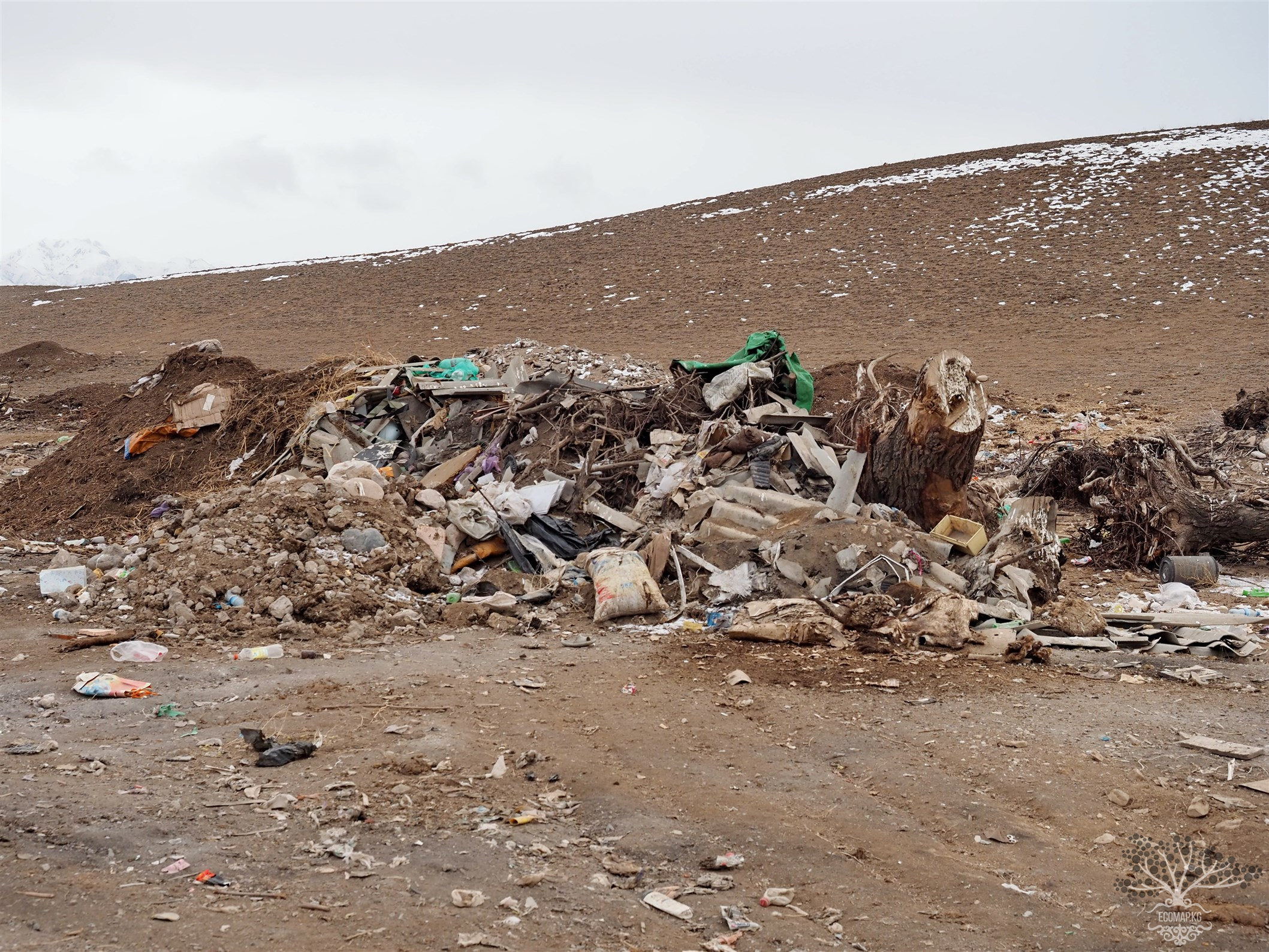
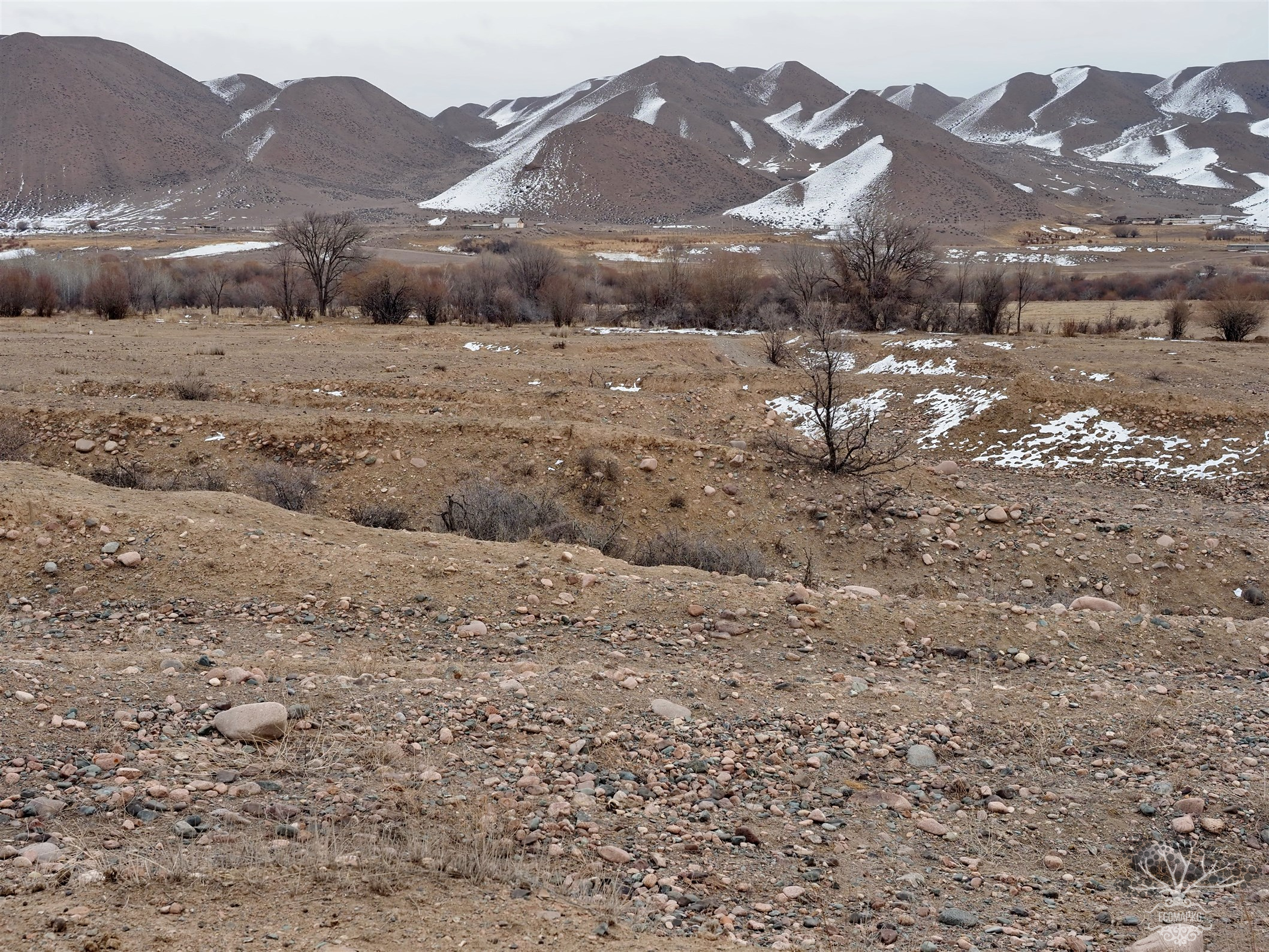
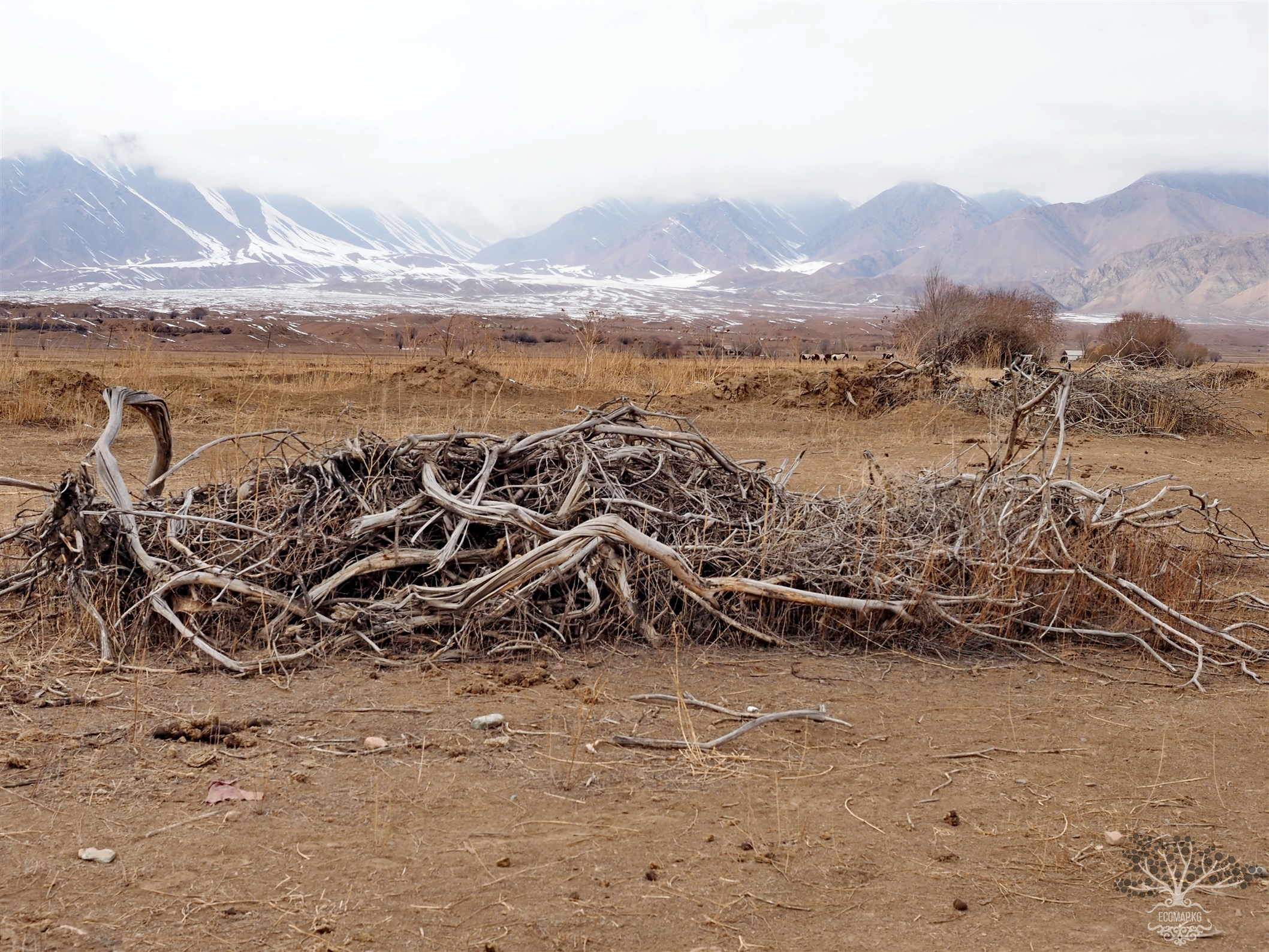
Attention: Information based on submitted complaints